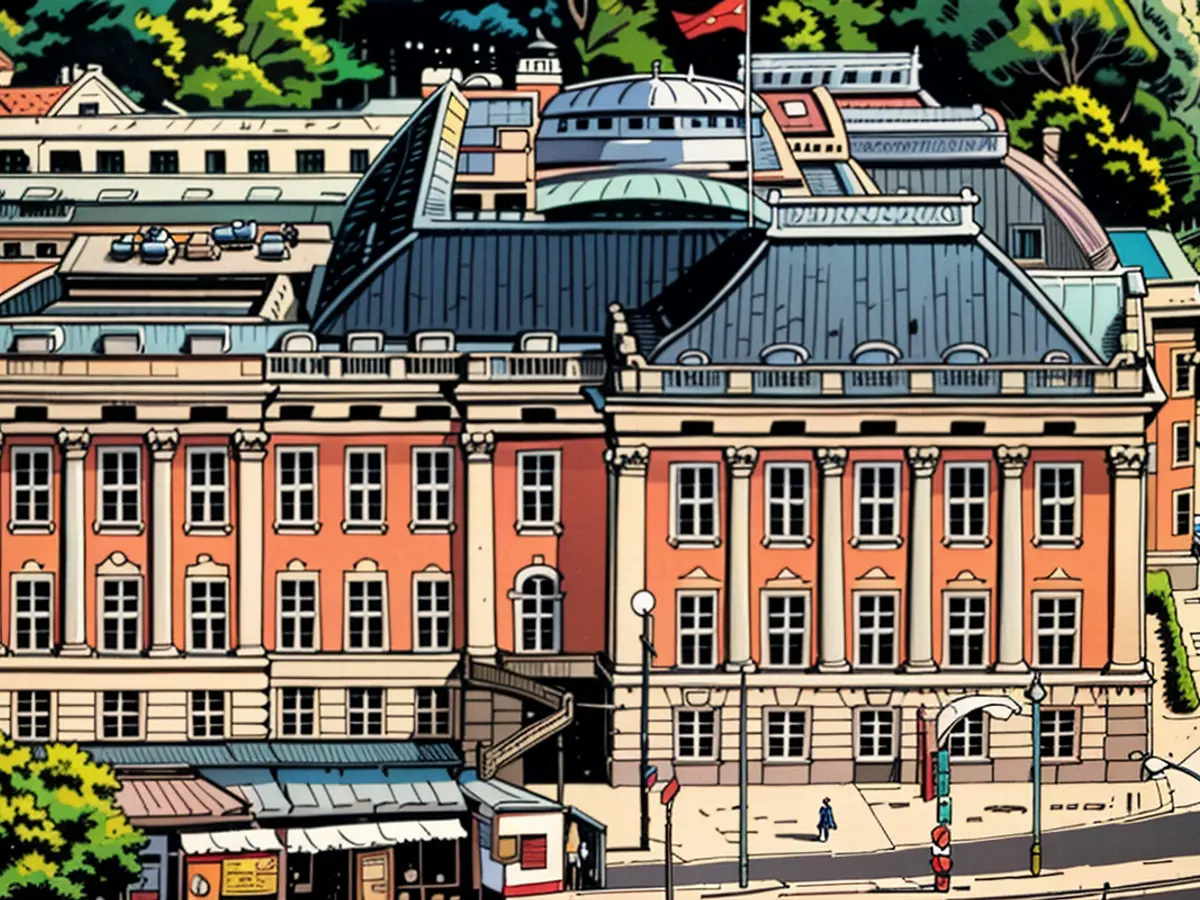The leading figures in Brandenburg's political landscape persistently reject the notion of a coalition with the AfD.
Should the AfD emerge as the most powerful faction in the September 22 state parliament election, they'd subsequently hold the position of parliamentary president, acting as the state's leading representative, cautioned Woidke in an interview. His plan is to thwart this scenario using all democratic measures available.
Despite his reservations, Woidke didn't completely dismiss the prospect of collaborating with the recently established Brandenburg BSW. However, he admitted his uncertainty about the party's internal dynamics, as it's unclear who holds the influence. He suggested it could be challenging if federal chairwoman Sahra Wagenknecht wielded significant power, effectively leading the Brandenburg BSW from Saarland.
Brandenburg BSW state chairman and main candidate Robert Crumbach reiterated his party's stance against aligning with the AfD. This decision was made at the party's inception and remains valid, he declared on Monday night during an RBB interview. If the BSW manages to enter the state parliament, he sees the party in a favorable position. Their list comprises 30 candidates, including seasoned experts. The federal committee is currently assessing potential new party members. He thinks it highly improbable that AfD members would be accepted, said Crumbach. He also mentioned that the question of whether ex-DDR state security personnel would be welcomed isn't a major concern.
CDU top candidate Redmann echoed his party's stance on ruling out coalitions with the Left Party and AfD, citing ongoing incompatibility. He aims to prevent frustrated voters from moving to the AfD, who are displeased with the federal government's actions. "There will be no better politics with the AfD," he warned.
Redmann viewed the state elections in Saxony and Thuringia as a boost for the Union's federal chairman, Friedrich Merz. "Michael Kretschmer has been convincingly endorsed, and the CDU in Thuringia has made considerable gains," he noted, referring to the CDU top candidates in the two eastern German federal states. "In this sense, this also strengthens the federal chairman," he concluded.
Recent polls for the state election position the AfD at the top, closely followed by the SPD and CDU. The Greens, who have been governing the state in coalition with Woidke's SPD and the CDU since 2019, are at risk of not being re-elected to the state parliament. In the event of the SPD failing to secure first place for the first time since 1990, Woidke announced his resignation. He has served as Minister President for eleven years.
The SPD, led by Woidke, is currently facing tough competition in the upcoming state election, with recent polls placing them second behind the AfD. Despite this, the SPD and the SPD-affiliated Brandenburg BSW have maintained their stance against collaborating with the AfD.







